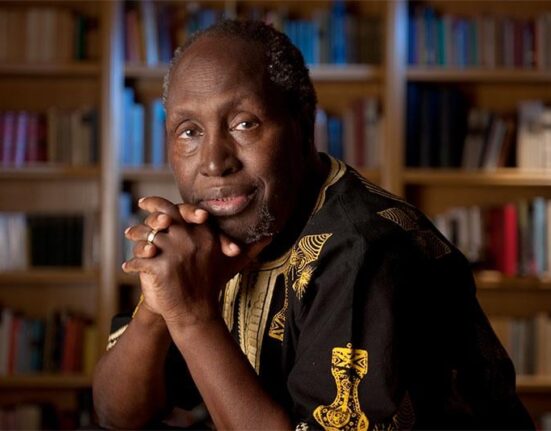In many traditional African societies, elders hold a revered and essential place within the family and community structure. Unlike in some Western cultures where seniors are sometimes marginalized or placed in care facilities, African elders are cherished for their wisdom, life experiences, and guidance they offer to the younger generation. The concept of self-care in African communities extends far beyond individual practices to encompass a collective responsibility to honor and support the elderly members.
Within the African cultural tapestry, elders serve as pillars of strength, embodying the ancestral knowledge and traditions that form the foundation of their societies. Their role goes beyond mere biological ties; they are the living embodiments of history, custodians of oral traditions, and reservoirs of invaluable wisdom. In contrast to the transient nature of modern life, where information is readily accessible online, the insights shared by elders are deeply rooted in personal experiences and communal values, making them irreplaceable sources of guidance.
“In African communities, elders are not discarded or forgotten; they are regarded as living libraries of knowledge and sources of unwavering support.”
The practice of valuing and upholding the elderly is not merely a cultural relic but a living tradition that continues to shape the fabric of African societies. Through storytelling, mentorship, and day-to-day interactions, elders play a pivotal role in nurturing the younger generation, instilling in them a sense of identity, belonging, and respect for their heritage. Their presence fosters intergenerational bonds that strengthen the community’s resilience and cohesion, bridging the gap between the past, present, and future.
In the bustling villages and urban centers across Africa, the significance of elders transcends familial boundaries to encompass the broader community. Their insights are sought after not only within their own families but also in conflict resolution, decision-making processes, and communal celebrations. The wisdom they impart is considered a collective asset, enriching the cultural tapestry and fostering a sense of interconnectedness that is integral to the African ethos.
“The respect for elders in African societies reflects a deep-rooted belief in the interconnectedness of all generations and the importance of honoring those who have paved the way.”
As the world grapples with the challenges of an aging population and shifting social dynamics, the African approach to self-care offers a poignant reminder of the enduring value of intergenerational relationships. The emphasis on honoring the elderly not only benefits individuals on a personal level but also contributes to the overall well-being of the community. By recognizing the wisdom and contributions of elders, African societies reaffirm their commitment to preserving cultural heritage, fostering empathy, and upholding values that transcend time and trends.
In a fast-paced world where technological advancements often overshadow traditional practices, the African reverence for elders serves as a beacon of wisdom and a testament to the enduring power of human connection. By embracing the lessons passed down through generations and recognizing the intrinsic worth of every individual, regardless of age, African communities exemplify a holistic approach to self-care that encompasses not only physical well-being but also emotional, mental, and spiritual nourishment.
“The African philosophy of self-care underscores the importance of honoring the past, cherishing the present, and preparing for the future, guided by the wisdom of our elders.”
In conclusion, the tradition of valuing and respecting elders in African societies transcends mere cultural norms; it embodies a profound philosophy of interconnectedness, respect, and reciprocity. By recognizing the inherent worth of every individual, regardless of age, African communities foster a sense of belonging and continuity that enriches the tapestry of human experience. In a world marked by rapid change and uncertainty, the enduring wisdom of African self-care offers a timeless reminder of the importance of honoring our roots, cherishing our relationships, and embracing the collective journey of life.









Leave feedback about this